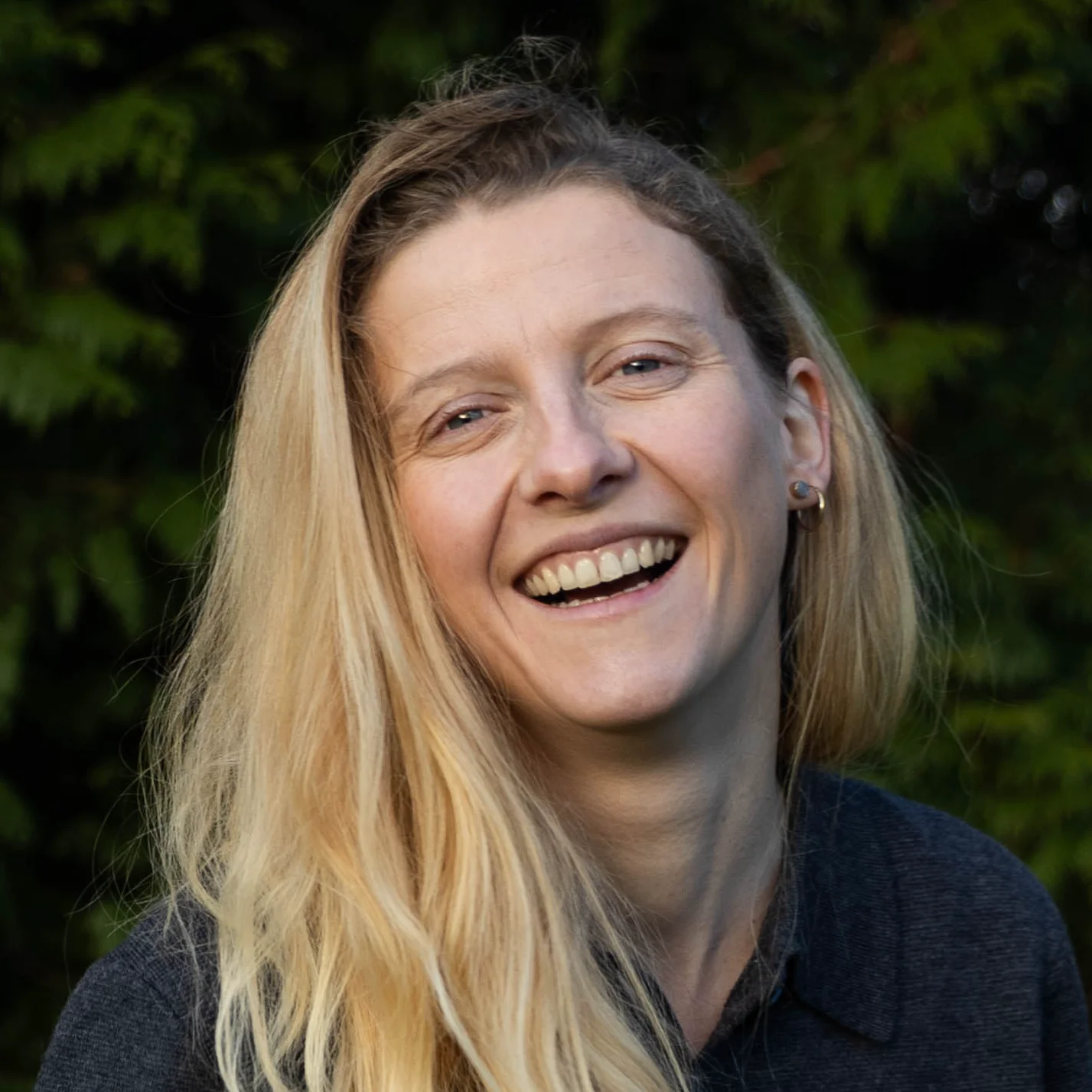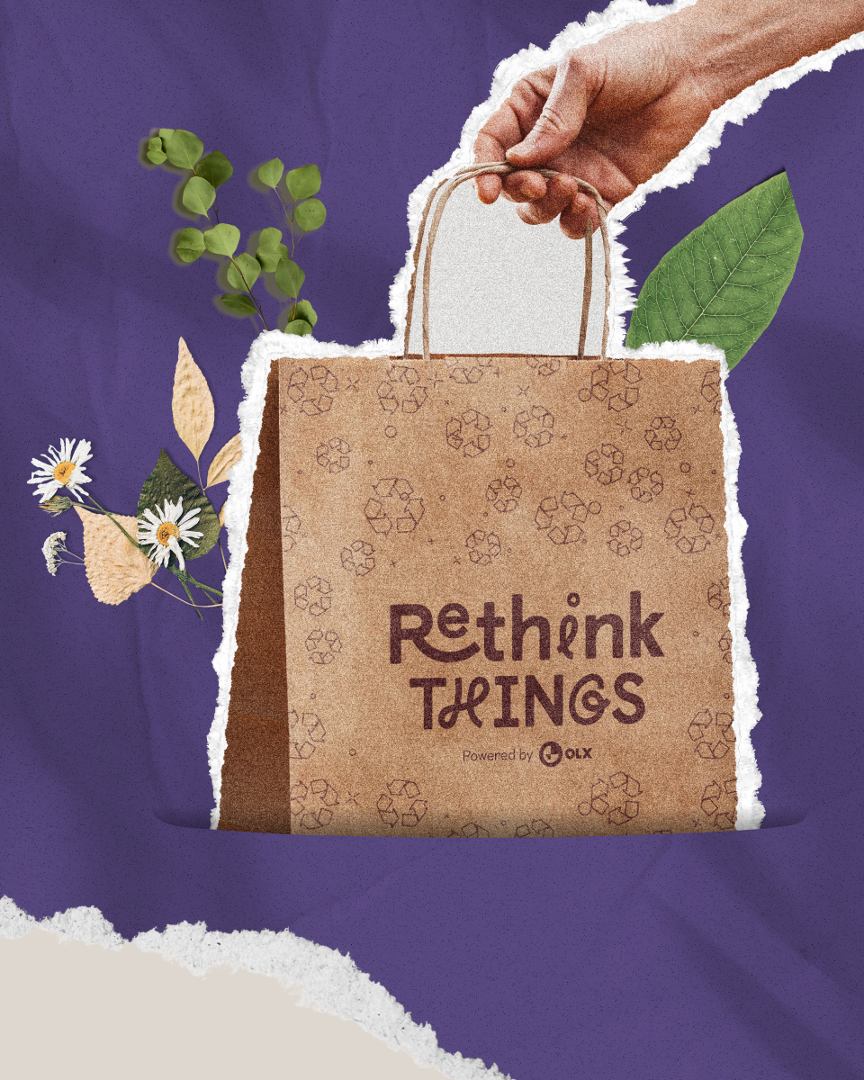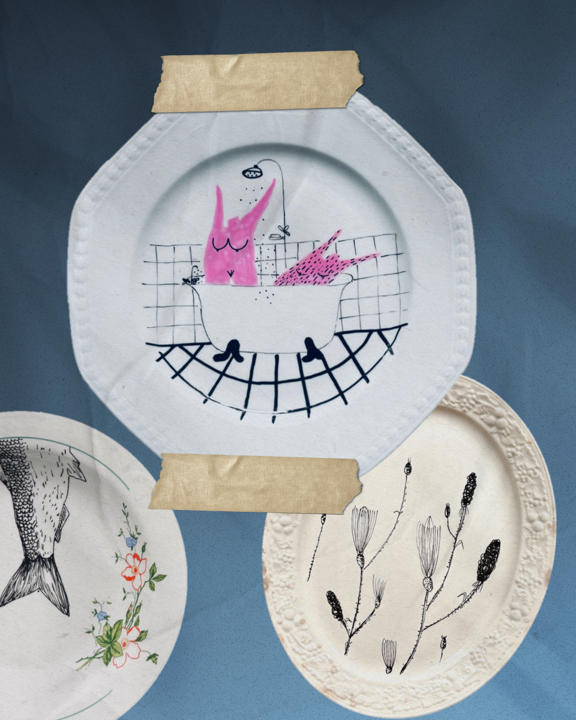
The hypocrisy of being an environmentalist – and why eco-hypocrisy is a good thing
Being an environmentalist doesn’t mean being a saint and living a perfect carbon-free life forever after. It’s okay to advocate for second-hand, yet buying something new every once in a while. Advocating walking and biking, yet often taking the car. Being hypocritical, to put it differently. Being hypocritical is perfectly fine. In fact, this article is a plea for hypocrisy, because without it, we’re not going to make it.
The myth of consistency
The hypocritical individual is “a delight for the critic”, Madeleine Somerville wrote in her 2016 article in The Guardian. The more sustainable decisions you make, the more your unsustainable ones catch light and will be criticized.
People putting in the effort to live sustainable lives, are the ones getting the most ‘what-about’ questions: “So you committed to a vegan diet? What about those leather shoes you’re wearing?” “So you thrift. What about that flight you took last year?”
These questions imply that if you make one sustainable decision, you immediately must do everything perfectly forever. Let’s call this the myth of consistency. Myth, because frankly, doing everything perfectly forever is not feasible in our current capitalist system that doesn’t allow it.
Hypocrisy is inescapable
We’re born in a society that the generations before us built and that we reap the benefits of. We have roofs over our heads, food on the table, cars, jeans, laptops, art and chances to travel. All with their environmental costs. The energy we use, the global supply chains behind the food we eat, the clothes we wear, they all have an impact.
Nor is perfect environmental consistency a realistic dot on the horizon for the majority of people. Hypocrisy is inescapable, and hypocrisy is needed.
Hypocrisy is needed
Unavoidable as a certain level of hypocrisy is, it’s also needed. If we can only strive for perfectly carbon-neutral, sustainable lives, then hardly anyone will be even bothered to try, because you will always fall short.
And that would be detrimental. Because rather than a handful of people striving for perfection, we need millions of people being imperfectly sustainable. People who sometimes forget their reusable cup, who buy something new every now and then, but who question their habits, make changes, and inspire others to do so too.
Masses of imperfect environmentalists make environmental action visible, accessible and human. When others see that living more sustainably doesn’t require a total life overhaul, they’re far more likely to join. Hypocrisy, in that sense, is not the enemy, but a friend.
Eco-hypocrites are an easy target
And yet - as we noted in this diary article - the imperfect environmentalists are being criticized more often than those not even trying at all, is the experience of Nina, the writer of this article.
The critics can be categorized into two groups: the environmental laggards and the super-greenies. For the laggards, pointing out others’ inconsistencies is a way to avoid their own responsibilities and justify their inaction. They can tell themselves: see, even the environmentalists are not doing a great job, then why would I? It’s easier to point at someone else’s imperfections than to confront yourself with the discomfort of your own lifestyle.
Perhaps even more damaging are the super-greenies criticizing the somewhat-greenies. The intentions of these critics might be good: trying to push others to do even better. But their what-aboutism is not moving us forward. It paralyzes. It silences those who are genuinely putting in the effort, by making them feel they aren’t good enough. And it makes them want to drop out.
Celebrate imperfection
We need to realize that the masses of people who care – but make mistakes – are the ones dragging sustainability out of the idealistic margins into a mass-movement. Into real life, that often is inconsistent.
And we need to realize that in the light of critique, hypocrisy isn’t likely to be replaced with perfection. Rather, it will be replaced by cynicism, indifference, reluctance and inaction. And that’s way worse than hypocrisy.
So, let’s celebrate those who switch to oat milk but who still every now and then eat cow’s yoghurt. Let’s learn together, cheer each other on, help each other. Not scoff at each other. The point isn’t to be perfect. The point is to show up. To notice the dissonance and act anyway. Because that’s how real change happens. When millions take imperfect steps into the perfect direction.

In a former life Nina was circular economy advisor. She was missing a creative touch in her life, so she turned to copywriting instead. Then she was missing a sustainability touch in her life, so she combined the two. Now she's a sustainability advisor who writes, or - if you will - a writer who gives sustainability advice. She does this with her own company New Alchemists.
Nina helped setup Rethink Things. Together with the Rethink Team, she developed our strategy, branding, website, socials, newsletters, you name it. Today, she continues to write for the platform.


.png)
.png)










